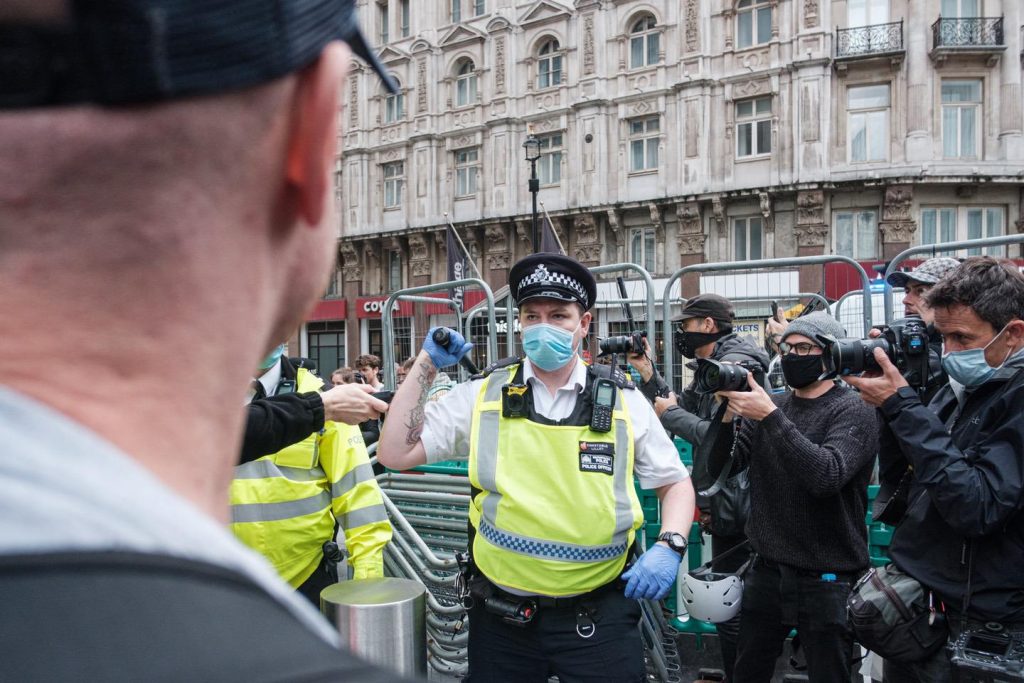
Some 700 years before He was born, the prophet Isaiah had written, “Here is my servant, whom I uphold, my chosen one in whom I delight; I will put my Spirit on him and he will bring justice to the nations. He will not shout or cry out, or raise his voice in the streets. A bruised reed he will not break, and a smoldering wick he will not snuff out. In faithfulness he will bring forth justice; he will not falter or be discouraged till he establishes justice on earth. In his law the islands will put their hope.”
Isaiah had a long career, prophesying in Judah up to the Assyrian exile. His lifetime was a time of great injustice. Injustice within the city walls, and war outside them. Violence was a part of everyday life. Isaiah spoke to these conditions. He had much to say about God’s love of justice, and of God’s Messiah, who would finally bring about His justice.
To the Jewish people of his day, Isaiah’s idea of that coming justice would have meant dramatic change for the better. Welcome news for sure, but such change means upheaval, and significant change would seem to mandate significant upheaval. Kings do not willingly give up their thrones! Yet Isaiah’s prophesy is one of a swing to justice without violence. No shouting (“He will not shout or cry out”), no political marches (“or raise his voice in the streets”), no rioting (“A bruised reed he will not break”) and no harm to others (“a smoldering wick he will not snuff out”). Of course, from our vantage point in history, we can look back on Isaiah’s words and see a picture of Jesus. In fact, He is crystal clear in the lines of Isaiah’s prophesy. But should not the world see Jesus in our actions just as clearly?
To our day, such an idea is still radical. When a swing away from the present government order is in the air, it is considered inevitable to hear and see shouting and picketing and rioting and unrest. But Isaiah is saying that the one in whom God delights is the one who brings about justice without also bringing about civil unrest.
It is not such an easy task. The fallen-ness of our old nature sees the injustice of our world and wants to fight against it with some form of immediate remedial action. The human tendency to some form of violence is merely a manifestation of that primal urge. Faced with an unjust ruler and government, it is our nature to think of defiance and violence as measured responses (rioting) or at the least violence to the peace and quiet of our city (shouting and marching in the streets). “Correction!,” we shout, “Change, now!,” we demand. It all seems so righteous to us in the moment, and Isaiah does not specifically say that it is not. What he does say is that such is not how the one God delights in would act. Further, Isaiah says it is not how God purposes to bring about true justice.
The greatest change always begins in small and virtually unnoticeable action. Kindness, grace and blessing are the tools God’s chosen use to bring about change. Willing sacrifice – even very costly sacrifice – is the method of payment for that change.
Food for thought in our restless days.
Let your reasonableness be known to everyone. The Lord is at hand
the Apostle Paul, writing in Philippians 4:5
APPLICATION: Intentionality
What is your response to the injustices you face? What is your response to the injustices others face?

